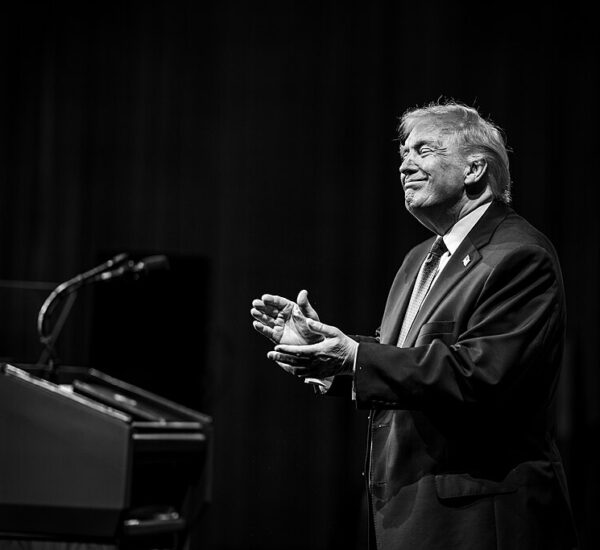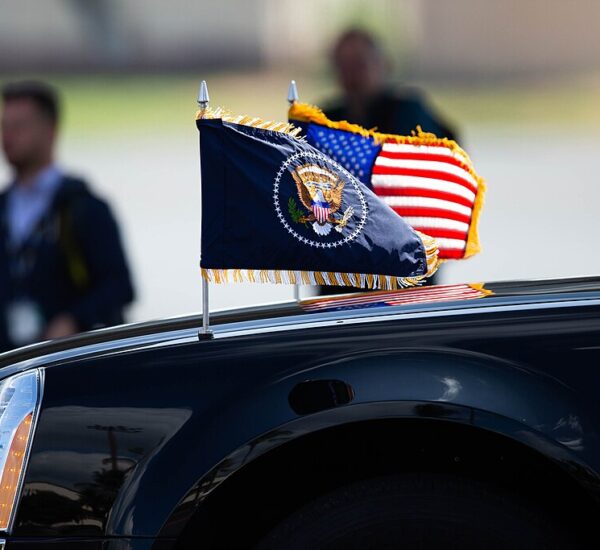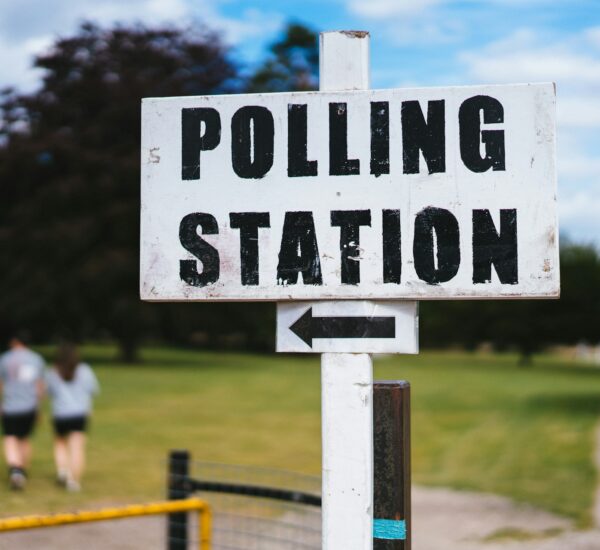Trump’s Plan With Birthright Citizenships
President Donald Trump has made it clear that one of his top priorities in his second term will be addressing birthright citizenship, a provision of the 14th Amendment that grants automatic citizenship to anyone born on U.S. soil. However, this provision is increasingly seen by conservatives as being misused, and lawmakers on Capitol Hill are pushing for a reexamination of how it should be interpreted.
The 14th Amendment, ratified in 1868, was originally designed to ensure that freed slaves and their descendants could not be denied citizenship. It states that “all people born or naturalized in the U.S., and subject to the jurisdiction thereof, are citizens of the nation.” Over time, this broad language has been interpreted to mean that anyone born in the U.S., including the children of foreign visitors or undocumented immigrants, automatically acquires U.S. citizenship.
Republican lawmakers now argue that this interpretation goes beyond what the framers of the amendment intended. They believe that individuals who are in the U.S. temporarily, such as tourists, students, or temporary workers, should not be able to claim U.S. citizenship for their children simply by giving birth on American soil. They contend that the phrase “subject to the jurisdiction thereof” was never meant to include people who are not legally present in the country.
This shift in thinking has gained traction among conservatives, particularly with the backing of Trump, who has pledged to end birthright citizenship through executive action. While this approach would bypass the lengthy process of amending the Constitution, Republicans argue that it could still have a significant impact, especially given the conservative majority in the Supreme Court.
Senator John Cornyn (R-Texas) has expressed support for the president’s plan, stating that birthright citizenship is being “exploited” and that it is likely to be decided by the Supreme Court. Other Republican lawmakers, such as Senator Mike Rounds (R-S.D.), also argue that birthright citizenship is encouraging illegal immigration. The number of individuals entering the U.S. illegally, particularly during the Biden administration, has led to concerns that the system is being abused, with some foreign nationals specifically coming to the U.S. to have children and secure a foothold for them in the country.
Conservative thinkers, such as Mark Krikorian of the Center for Immigration Studies, believe that the 14th Amendment should be reinterpreted in a way that excludes the children of temporary visitors from gaining automatic citizenship. They point to historical precedents, such as the fact that Native Americans born on reservations during the time of the amendment’s ratification were not automatically granted citizenship because their parents were not considered fully under U.S. jurisdiction.
Despite these arguments, some critics, including Senator Tim Kaine (D-Va.), warn that a broad reinterpretation of the 14th Amendment could lead to unintended consequences, such as undermining legal protections for immigrants and visitors. However, many Republicans are undeterred, believing that the time has come for a change to prevent further misuse of birthright citizenship.
In the end, it’s clear that the issue of birthright citizenship will be one of the most contentious topics during Trump’s second term. Whether through executive action or a future Supreme Court ruling, the debate over the 14th Amendment and its modern-day application will continue to shape the nation’s immigration policies for years to come.






